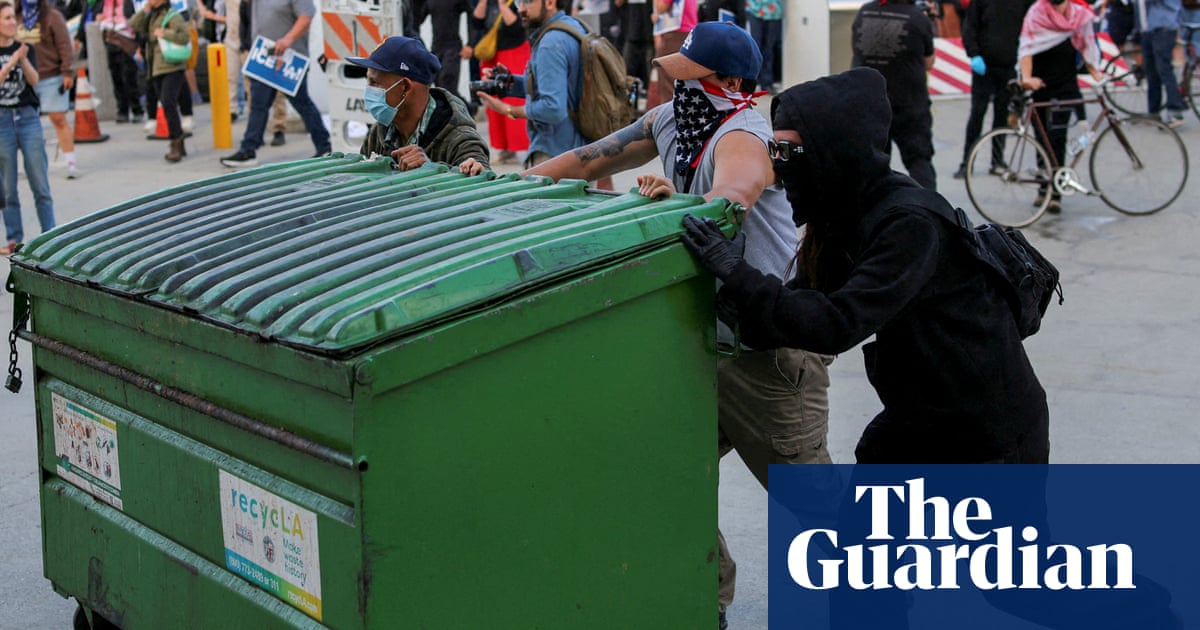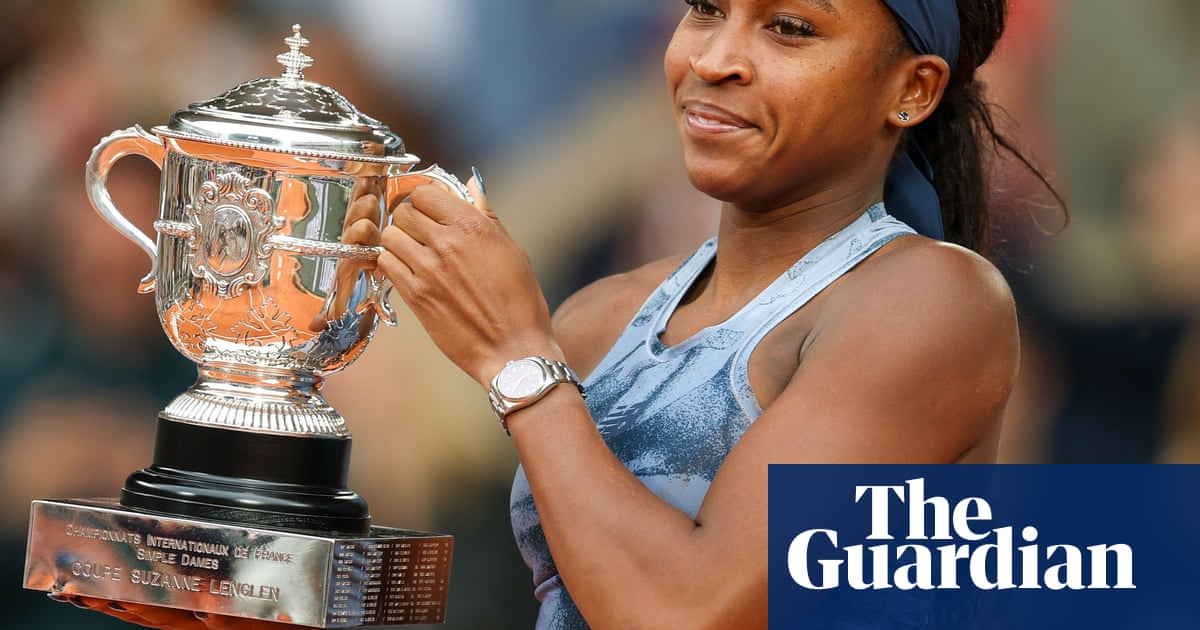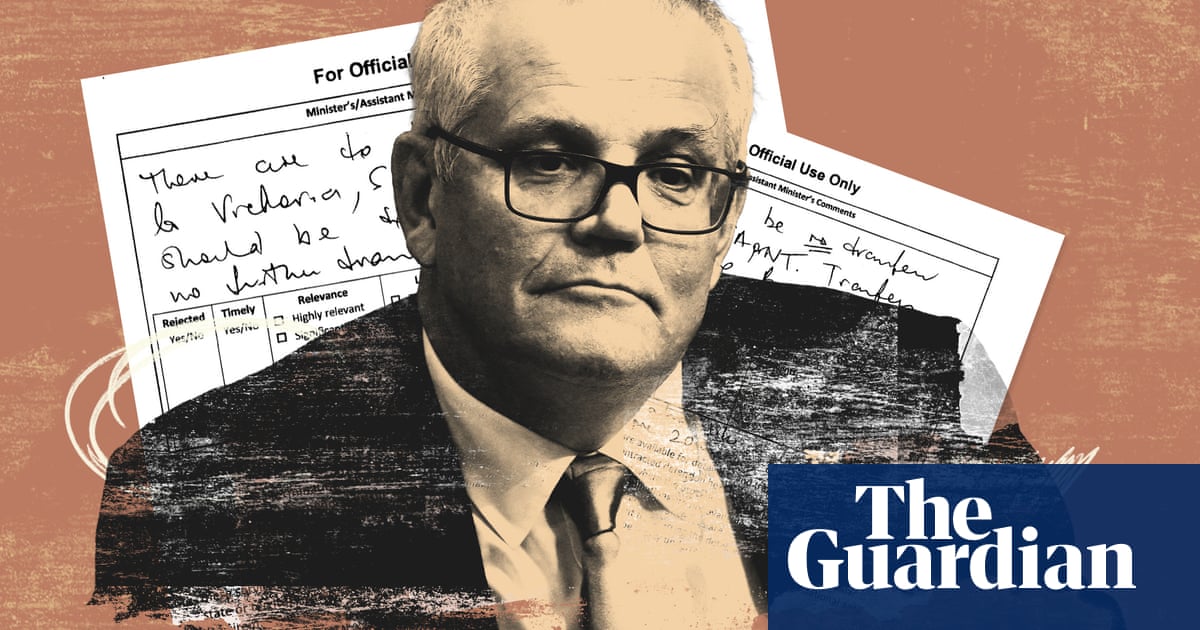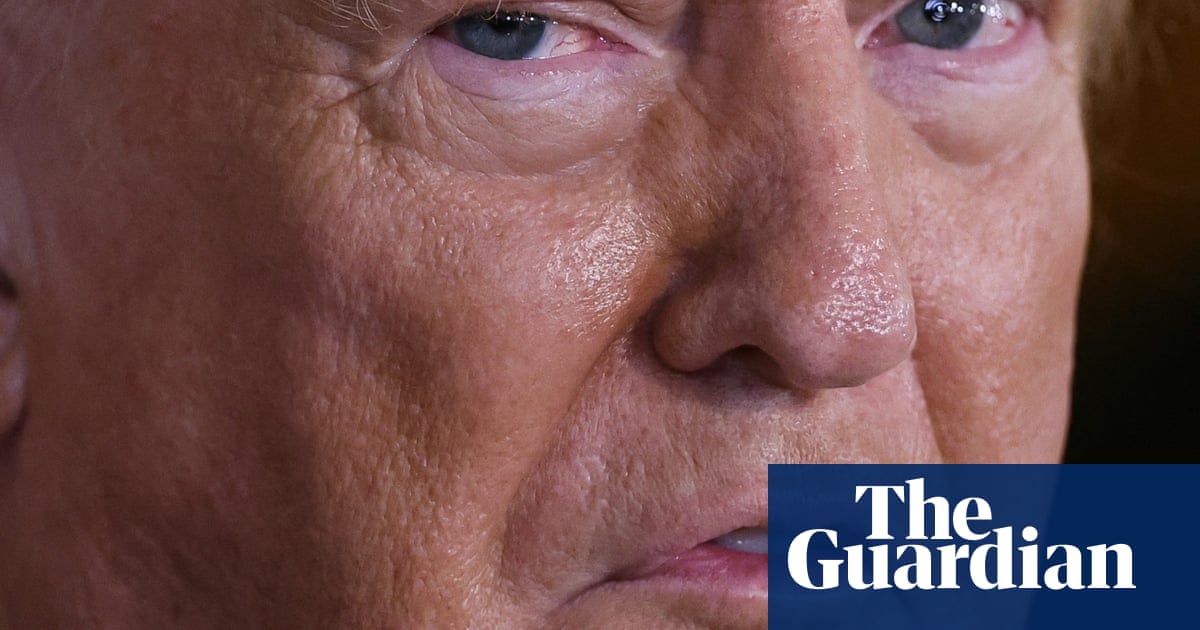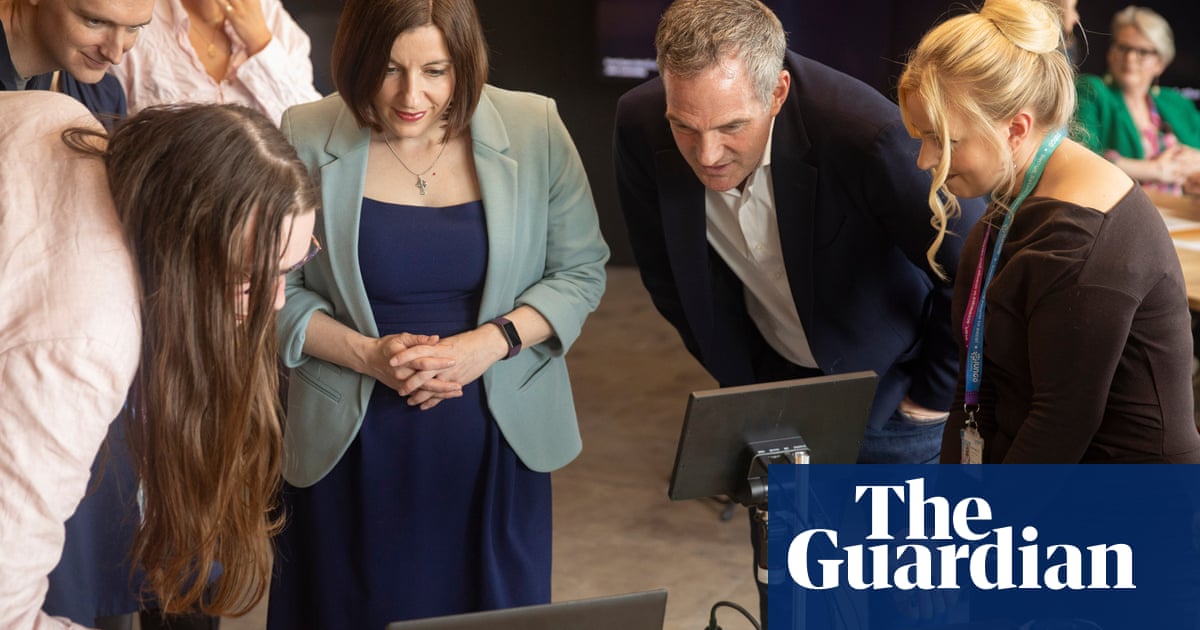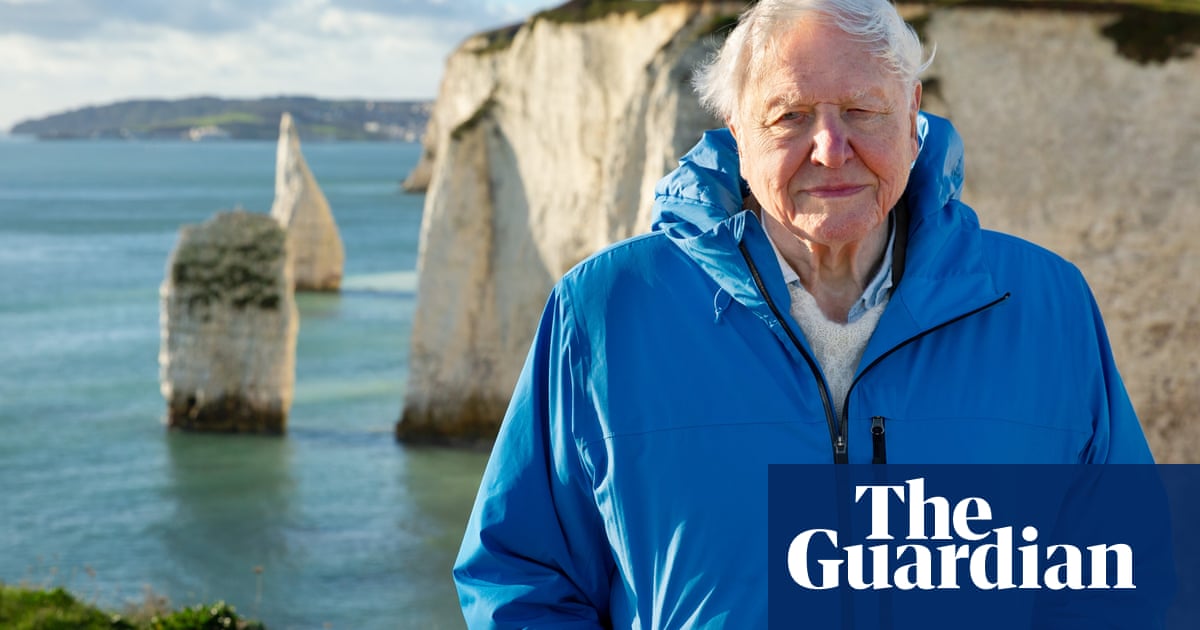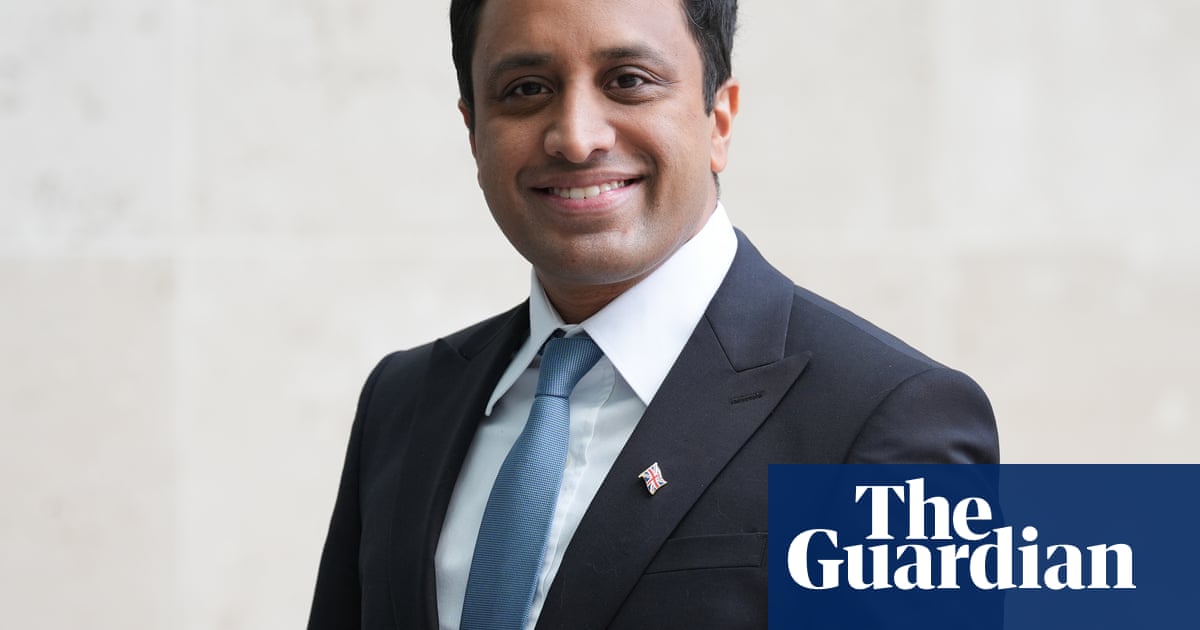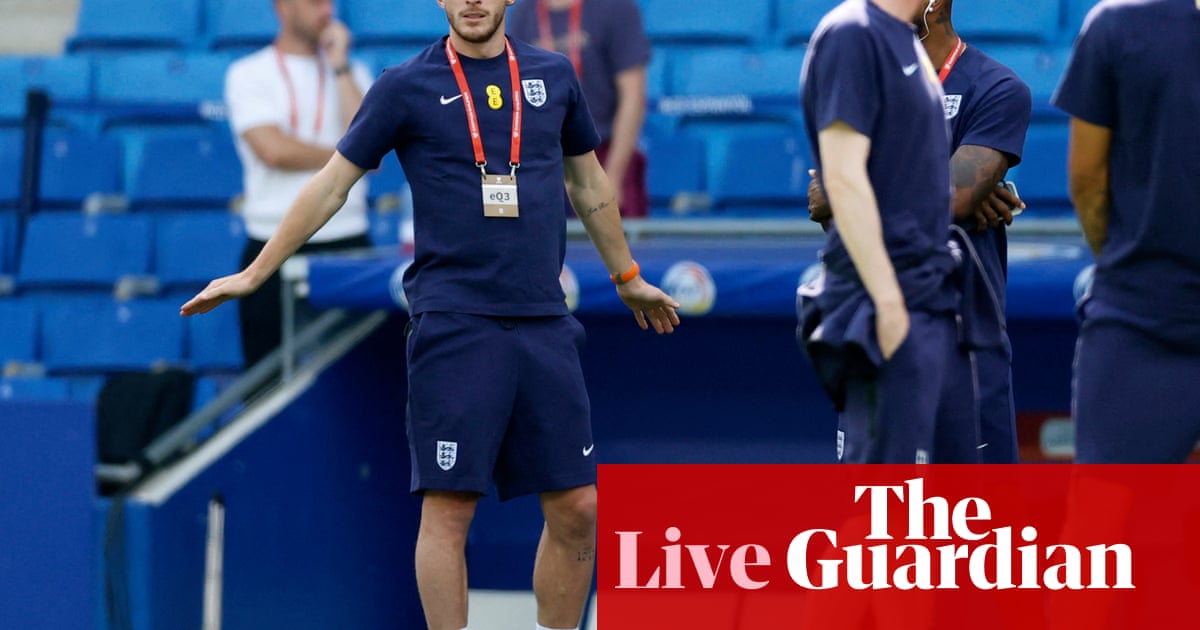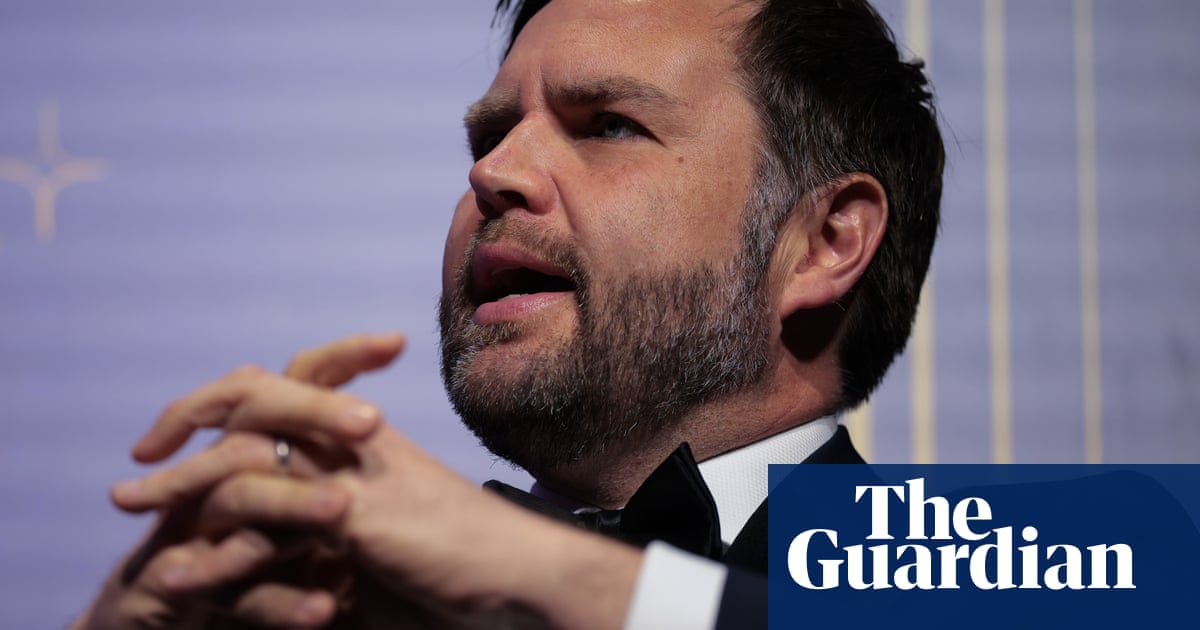Peter Mandelson’s face appeared at the top of the screen. Below him was Li Keqiang, then the Chinese premier. Ringed around them in the online “Europe-China business dialogue” meeting were top executives from some of the biggest European multinationals.
Covid was still rife so the February 2021 gathering took place online, with the British Labour peer in the chair. When a copy of the minutes was leaked, they contained fawning opening remarks from Mandelson about China’s rulers and their ability to “prove [their critics] wrong”.
But as Mandelson’s new post as UK ambassador in Washington draws scrutiny of his relationships in Beijing, the most striking aspect of that 2021 meeting has been overlooked.
The China Council for the Promotion of International Trade (CCPIT), the agency that arranged it alongside Mandelson’s Global Counsel consultancy, is believed by experts to be a longstanding Chinese Communist party influence operation with a covert mission to co-opt western businesspeople. The meeting was attended by 20 senior European bosses from Airbus, AstraZeneca, Maersk, Nokia, Prudential and Suez and other major corporations.
The CCPIT has “a United Front function”, said Charles Parton, who spent 22 years working in and on China as a UK diplomat and now advises the UK parliament’s foreign affairs committee.
The United Front is the Chinese Communist party’s campaign to secure support from influential figures, including on sensitive questions such as the fate of Taiwan and Tibet.
Parton said: “Anyone with good experience of China should know that. So either Lord Mandelson has a shallow knowledge of China – which is dangerous given the work he has done for Chinese companies, thus promoting China’s interests. Or he is wilfully working with a United Front organisation, which is unpardonable.”
It was partly for alleged United Front activity that Yang Tengbo, the Chinese businessman who befriended Prince Andrew, was barred from the UK.
That case has highlighted the dilemma facing democracies in their dealings with China: how to seek economic rewards from an authoritarian power that is aggressively targeting western states with sophisticated espionage.

Mandelson’s access to the regime in Beijing goes back to his time as the EU’s trade commissioner after China’s admission to the World Trade Organization in 2001. Global Counsel’s clients have included some of China’s most controversial companies such as TikTok, the social media app banned from UK government devices over security fears, and Shein, the online fashion retailer accused of using forced labour.
Mandelson co-founded Global Counsel and was its chair until June 2024, when he moved to a new role of president and chair of the firm’s international advisory board. He quit as president of the consultancy to take up the ambassadorship but its latest filings show he retains a major stake in a business whose annual turnover has reached £16m.
Since his links to China led allies of Donald Trump to object to his nomination as ambassador, Mandelson has gone on US television sounding hawkish.
“I have more important things to deal with just now than your propaganda and I am making no comment,” Mandelson told the Guardian. Global Counsel declined to comment.
After the 2021 meeting, a Global Counsel representative wrote to Valdis Dombrovskis, who holds Mandelson’s old post of trade commissioner in Brussels, to tell him about it, according to partly redacted documents released by the European Commission in response to a freedom of information request by the Guardian.
“It is anticipated that the dialogue will become a regular platform for discussion at a high level and that Chinese business leaders will be drawn in in due course,” a Global Counsel representative told Dombrovskis, requesting a meeting to brief him. Minutes of that meeting say a representative of Mandelson’s consultancy “sought to coordinate future activities” with the trade commissioner.
There have been no public accounts of further formal meetings of the Europe-China business dialogue but it is understood that Global Counsel has had other interactions with the CCPIT.
“You can’t engage with China without being exposed to Chinese influence operations,” said William Matthews, a China expert at the Chatham House foreign policy thinktank. “China’s not going away. We want to be able to engage but we also don’t want to be exploited.”
In a 2018 post on Global Counsel’s website, Mandelson recounted one of his many visits to China, to meet the Chinese president, Xi Jinping. “China is good at remembering its old friends, as I saw this week,” Mandelson wrote, adding that he hoped Europe would not join Trump’s “anti-China crusade”.
The delegation that Xi received in the Great Hall of the People was there to commemorate the Icebreakers, British businesspeople who in 1953 travelled to Mao Zedong’s China to break the cold war trade embargo. “I’m glad to see that the new generation of Icebreakers … is continuing to engage in the China-UK friendship with enthusiasm,” Xi said.
The visitors in 2018 were thrown a banquet by the same organisation that had hosted the sanctions-busters all those years earlier – the CCPIT.
Founded with a mission to coax foreign businesspeople into violating the embargo, the CCPIT’s first bosses were a brilliant spy and a central bank governor who spent much of his career on United Front work.
Although the CCPIT is not formally part of the United Front Work Department – an arm of the Chinese government that organises Beijing’s influence operations – it “serves as the primary Chinese Communist party-controlled body for fostering ‘friendly contacts’ and conducting United Front work with foreign business circles”, said Martin Hála, a Czech academic who has studied China in Shanghai and at Harvard.
Sinopsis, a China research organisation Hála founded, has tracked the CCPIT’s activities from Italy to Malaysia.
Because the CCPIT “takes deliberate steps to obscure” its true mission, Hála said, it was “difficult to blame the targeted business individuals”. But he added: “However, the expectations should be different for specialised consultancies. If they position themselves as intermediaries for such organisations, a higher standard of due diligence would seem warranted.
“By 2021, a lot of publicly available information was already accessible about the CCPIT. They [Global Counsel] either failed to consult it, or they did but chose to ignore it. Both scenarios would raise questions.”
Three years after attending the Icebreakers commemoration, Mandelson personally moderated the gathering of European corporate bosses that the CCPIT arranged with Global Counsel.
Clive Hamilton, an Australian academic and the author of two books on Chinese influence, called Mandelson “one of the most valuable influencers for the Chinese Communist party in Europe”. He said the CCPIT “belongs to the party’s United Front system for extending overseas influence, and does so using trade relations as a cover”.
China’s ministry of foreign affairs said the CCPIT “is dedicated to fostering trade, investment, and economic and technological cooperation between China and other countries and regions, as well as enhancing mutual understanding and friendship between the Chinese people and the business communities worldwide”.

 3 months ago
54
3 months ago
54

